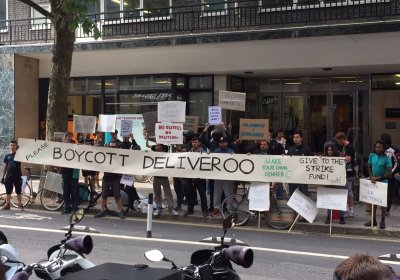Anyone who had the pleasure of hearing Jon Faine’s dismemberment of the gig economy, as represented by the hapless Brent Thomas, Head of Public Policy at Airbnb ANZ, on ABC Radio last year will never forget it.
It was excruciating. You could hear the air going out of poor old Brent when Faine pressed him on how much tax Airbnb actually pays in Australia, and pressed him and pressed him.




